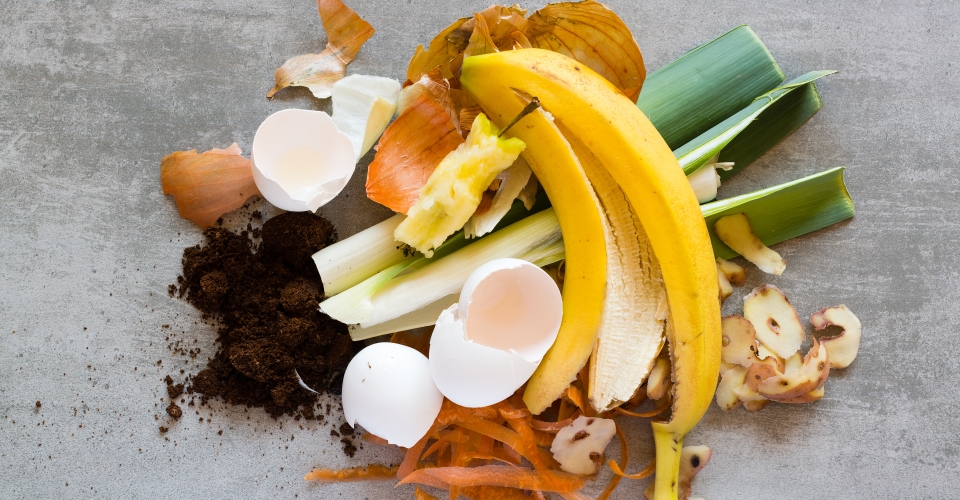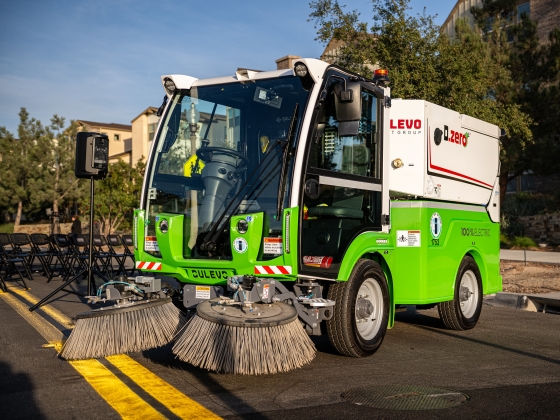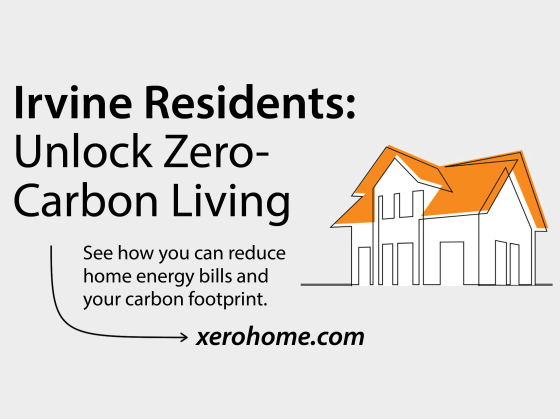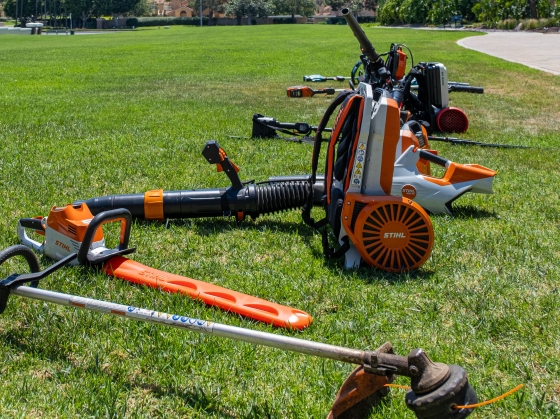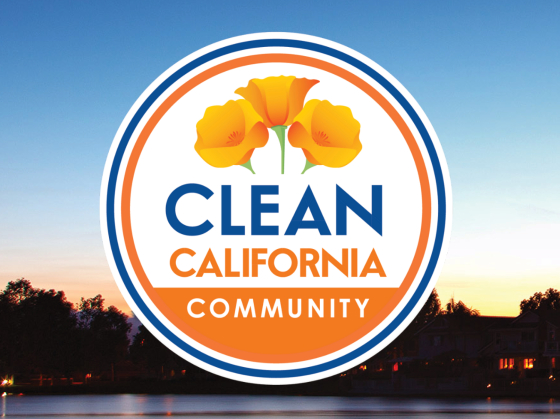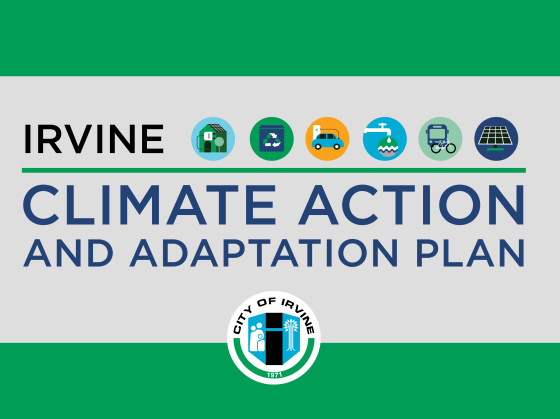What is SB 1383?
SB 1383 is a state law that requires every resident and business to recycle organic waste in an effort to reduce methane emissions. Specifically, SB 1383 establishes a target to reduce organic waste in landfills statewide by 75% by 2025; and requires that programs be established to rescue at least 20% of surplus food currently thrown away. The recovered food will be routed to those experiencing food insecurity. Read this page to learn more or view our quick-click resources below.
- Information in other languages:
- View Current WM Rates
- New compostable bag recycling allowance
- Hauler agreements, ordinances, and food generators compliance
Video Introduction: What is SB 1383?
Additional Information
Why is SB 1383 necessary?
Organic waste in landfills emits 20% of the state’s methane, a pollutant 84 times more potent than carbon dioxide. By diverting organics, such as food scraps, yard trimmings, paper, and cardboard, from landfills, the state can reduce emissions and combat climate change.
How does SB 1383 impact residents and businesses?
Starting April 1, 2023, all Irvine residents will be required to separate their organic waste from the trash and place it in a container for composting. Compostable bags are allowed to be used when recycling organics.
Organic waste includes:
- Food scraps such as meat, bones, dairy, fruit, and vegetable scraps.
- Food-soiled paper such as napkins, paper towels, and uncoated cardboard.
- Yard clippings, small branches, grass trimmings, and leaves.
Watch our videos to learn more:
Learn more about the Organics Recycling Program for:
Single-family residences with three-cart service
Single-family properties with two-cart service
2022 SB 1383 Community Information Meetings
Residents of Irvine were invited to learn more about SB 1383 and the new state requirement to begin recycling food waste during two virtual town halls June 30 and July 13, 2022. Watch live recordings of the town halls below. For questions, email environmentalprograms@cityofirvine.org.
Compostable Bags
Compostable bags are now allowed to be used when recycling organic waste.

